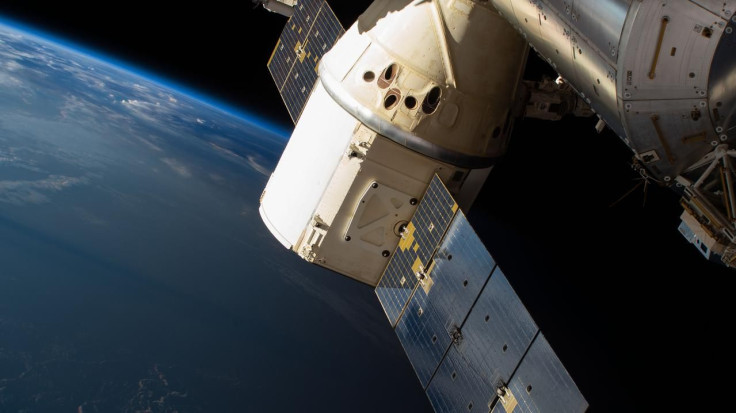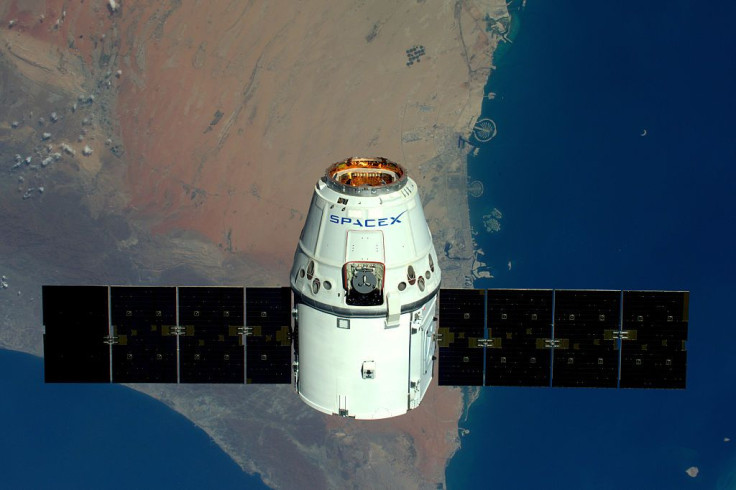Japanese Space Startup To Clean Up After SpaceX Mess, Debris In Space

The core business of a bunch of companies in the space industry is to blast off satellites into orbit, but this Japanese startup has a particularly unique mission: address the space mess.
Astroscale is a company that cleans up the zombie satellites and the debris of collisions that are left behind by different entities, which includes governments and companies such as SpaceX and Blue Origin.
CEO Nobu Okada underscored the threat of space debris in his interview with Tim Romero in Disrupting Japan. Okada said that the speed at which the debris travels is "40 times faster than a bullet," and that can damage or blow up other objects in space.
Even a 1mm debris can do a lot of damage, and what's worse, according to Nobu, the tinier the object, the harder it is to retrieve. Without a solution to remove them, it makes it difficult to make way for other launches.
"We already reached that threshold, so it is kind of a consensus among the space industries that we should remove large objects now before they get smaller," said Nobu.
Astroscale creates a satellite that detects and captures its target by using a magnet-based mechanism that synchronizes the motion with the debris and stabilizes it. Once the debris is captured, they take it back to earth and burn it.
"So, that's the whole sequence: identify, approach, dance, capture, stabilize, identify the center of gravity, and deorbit."
The AAA of Space
Nobu likens the role of Astroscale to AAA in the U.S. in that "if there is a broken satellite, we have to do [a] similar job like AAA, but not only the constellations."
The "constellation players" are the companies that need the service of Astroscale the most since they can't replace the broken satellite until its deorbited. Constellations are a group of satellites that work in concert.
"The space development has been done by governments, and we've been actively talking with governments in the world, and until one year ago, they were just [in] listening mode, but quite recently, they changed their mindset. Now, they understand how critical it is," Nobu said.
One reason why governments couldn't tackle the debris issue in space is the cost, which, according to a paper Nobu mentioned, ranges from US$200 million to US$500 million to remove one large object. However, Astroscale is thinking of making their pricing more competitive.

© Copyright IBTimes 2025. All rights reserved.





















